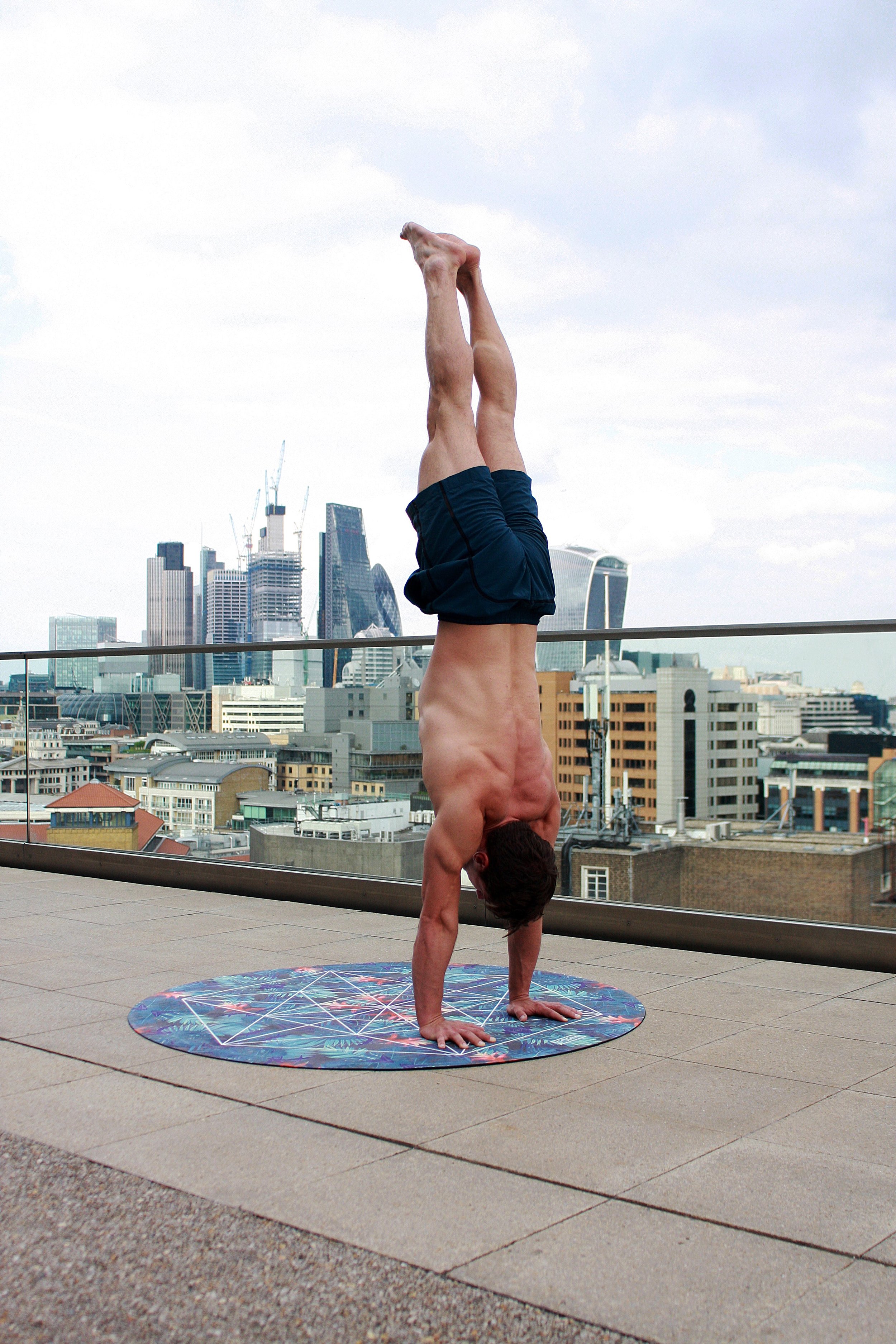Inversion
Inversion: a reversal of position, order, form, or relationship (www.merriam-webster.com)
Recently I was listening a sermon by one of my nephews. Click here to hear it or any others of his. In it, he was describing “inversion philosophy”: If having difficulty in working out a solution to a problem, try reversing the outcome. Rather than decide that my outcome is such and such, figure out what could I do to have the totally different outcome. For instance, if I were a business person and wanted to have the best customer service, what would be the worst behavior I would need to exhibit in order to produce the worst service? I then could fashion my business practice to not do those behaviors but to do the opposite.
The opposite can tell us a a lot about what we don’t want and therefore can be beneficial.
In case there was any confusion- this is NOT I nor any resemblance of me when I try a yoga pose.
This practice can be done in the financial, mathematical, emotional or psychological world- that looking by a different aka inverted view may help find the solution. There are some reports that there are benefits in the physical world as well. In doing the various yoga poses, there seems to be many that are done with one’s head hanging down (or at least it seems to me.) Supposedly it is good for one’s immune system and the like to do so. I cannot say that I am there yet- I feel everything rushing to my head and sinuses and cannot say that I feel rejuvenated when I come back upright.
There are proponents for actually hanging upside down: benefits to one’s disc and spine, relieve of back pain and sciatica issues. It also seems to help with depression,mood, leg edema and with circulation. There are caveats- a person with uncontrolled blood pressure or glaucoma can experience problems with the inverted pressure since it raises blood and eye pressure.
We also see inversion thinking in the moral world through the lessons that are told through fables and stories. The bad behavior of the character is something to which we should not ascribe. Think of the boy who cried wolf or the story of Jonah and the whale. Those stories of what not to do have consequences that we would be wise to avoid and therefore we should heed the advice of the opposite, or inverted thinking.
On a practical note, the inversion- or looking at something from a different and opposite viewpoint can be very eye-opening. This summer I repainted the roof on our screened porch. In order to do so and not use a ladder (of which I am loathe to do) I accessed the roof through our bedroom window. Being on top of the roof allowed me to see our back yard and the other surrounding yards. It gave me a whole new perspective and an idea of what to do in the design of some of our gardens.
What about you? Are you struggling with a problem or situation or decision? Can you image the opposite of what you want to achieve? What does that look like? How can you reverse those goals to obtain what you really want?

